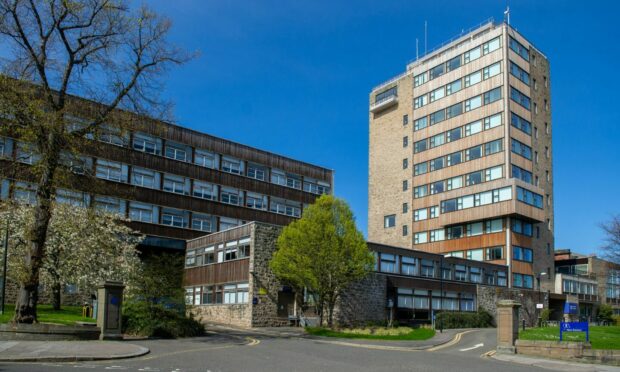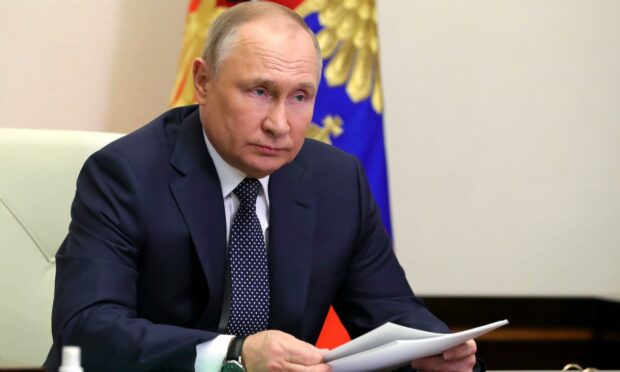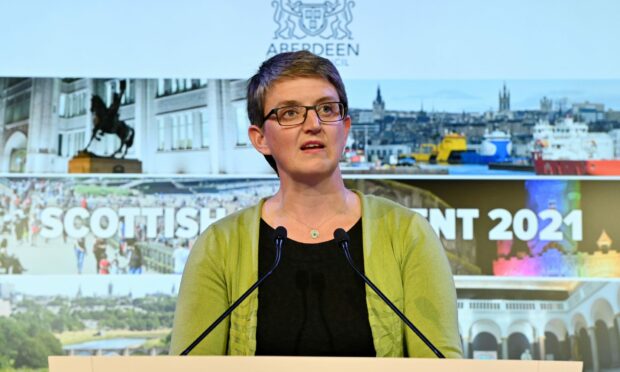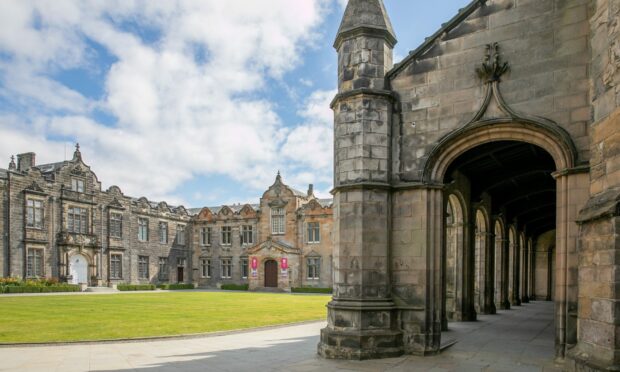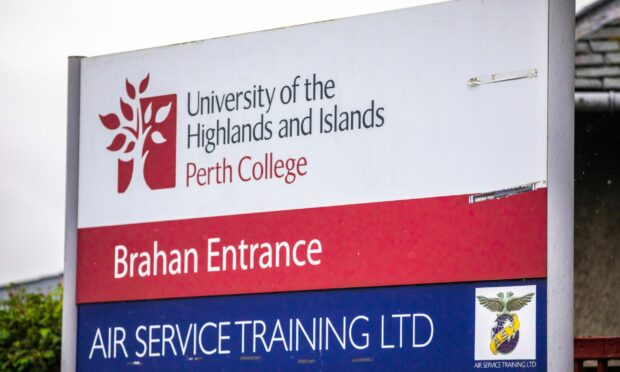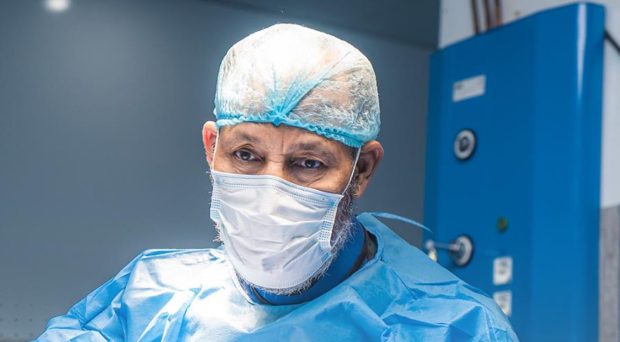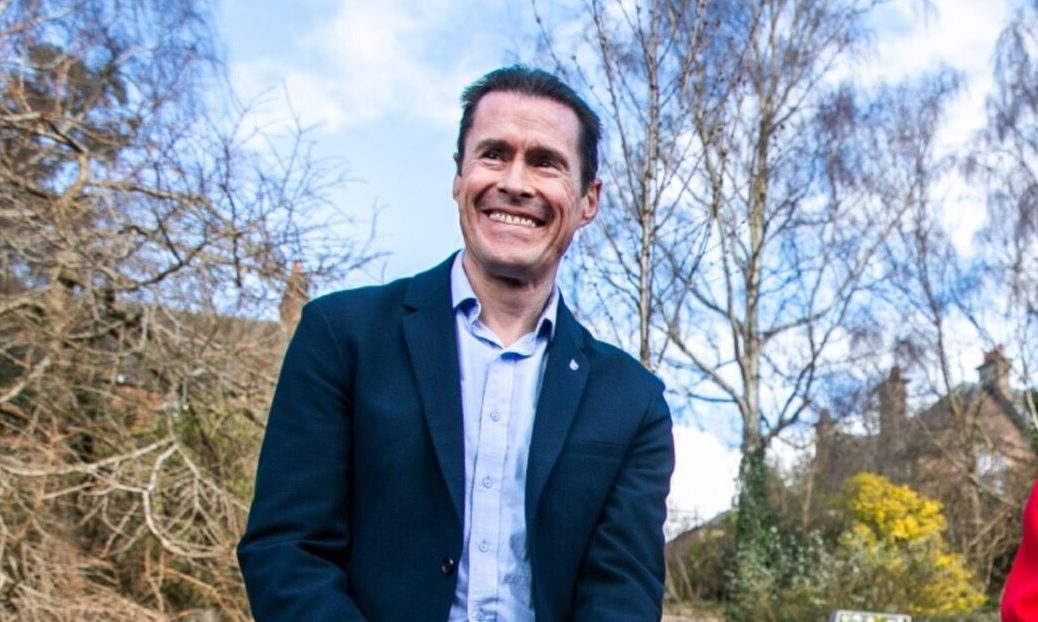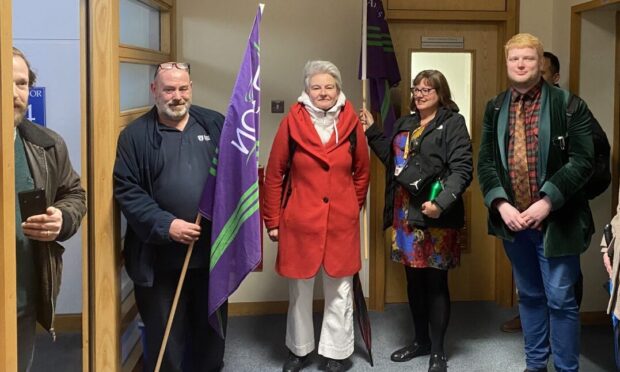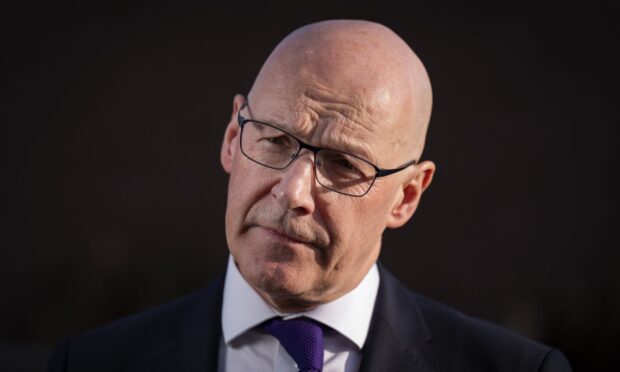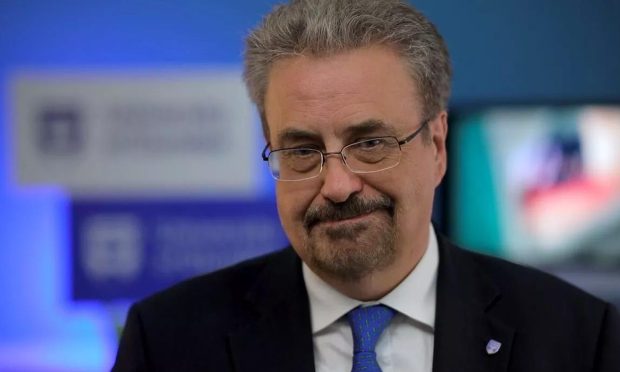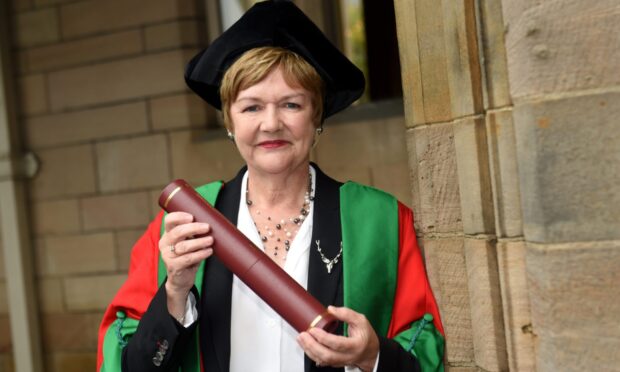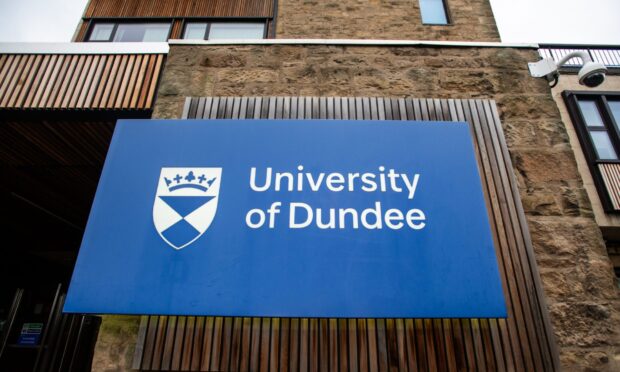St Andrews and Dundee universities have come under fire after refusing to reveal whether they have pension fund investments linked to Russia.
The respected institutions were accused of giving a “completely unacceptable brush off” to important questions relating to pension holdings.
Sanctions by the US, UK and other western powers have sent the value of Russian assets plummeting.
It previously emerged the conflict had wiped millions of pounds off the value of Scottish council pension fund investments in Russia, including the Tayside local government scheme.
Under freedom of information (FOI) laws, we asked the universities to provide details of any pension fund investments they had in Russian businesses or banks.
In response, Dundee University would only say: “Our University of Dundee Superannuation Fund is managed by a separate company and independent trustees, the university is not involved in deciding investments.”
Similarly, St Andrews University said: “The university’s pension scheme is managed under trust by trustees and the university has no control or claim over the information surrounding this.
“The trust is a separate legal entity and processes information for its own purposes separate to the university.”
‘Right to know’
Maggie Chapman, Scottish Greens MSP for the north-east and a former Aberdeen University rector, criticised the responses.
“This is a completely unacceptable brush off from universities who should know fine well where they have invested the pensions of their workers,” she said.
“People have a right to know if their money is propping up Russian oligarchs, oil and gas giants or weapons manufacturers.”
Despite saying it did not hold the details of specific investments, Aberdeen University was able to provide details relating to its pension fund exposure to Russia.
Last night, a spokeswoman for St Andrews University later confirmed it had no “direct investments” in Russian stocks.
“There are two pension schemes for University of St Andrews employees,” she said.
“The main scheme, the Universities Superannuation Scheme (USS), is a national scheme whose membership comprises most universities in the UK.
“The St Andrews University Superannuation & Life Assurance Scheme (S&LAS) is a separate, defined benefit scheme primarily for the benefit of non-academic university staff.
“The assets of the scheme are held in a separate trustee administered fund.
“As is good financial practice, the scheme is governed by an independent board of trustees.
“The S&LAS, assisted by its investment consultants, Aon, pursues an ethical investment strategy.
“The portfolio comprises investment in a range of investment funds.
“The portfolio has no direct investments in any Russian stocks.”
The University of the Highlands and Islands (UHI), which includes Perth College, said its staff were offered two workplace pension schemes depending upon the grade of their role – USS or the local government pension scheme.
In addition, it said it had “a modest investment portfolio” that is managed by Brewin Dolphin in accordance with an ethical investment policy.
“Our portfolio managers have recently confirmed that our investments have no direct exposure to Russian companies, however there is a minimal amount of indirect exposure,” it said.
The university said the funds currently held with exposure to Russian securities were Fidelity Emerging Markets, which at the latest available valuation had 7.4% of its holdings invested in Russian assets, as well as Jupiter Strategic Bond, with exposure of around 1%, and HSBC Global Corporate Bond Index, with exposure of 0.06%.
It means the overall exposure of the portfolio is below 0.1%.
UHI said: “We have confidence that the management teams of the companies and funds in which we are invested will act responsibly in relation to any relevant exposure and again, we have already seen companies taking significant steps to reduce exposure to the Russian economy in recent weeks.”
